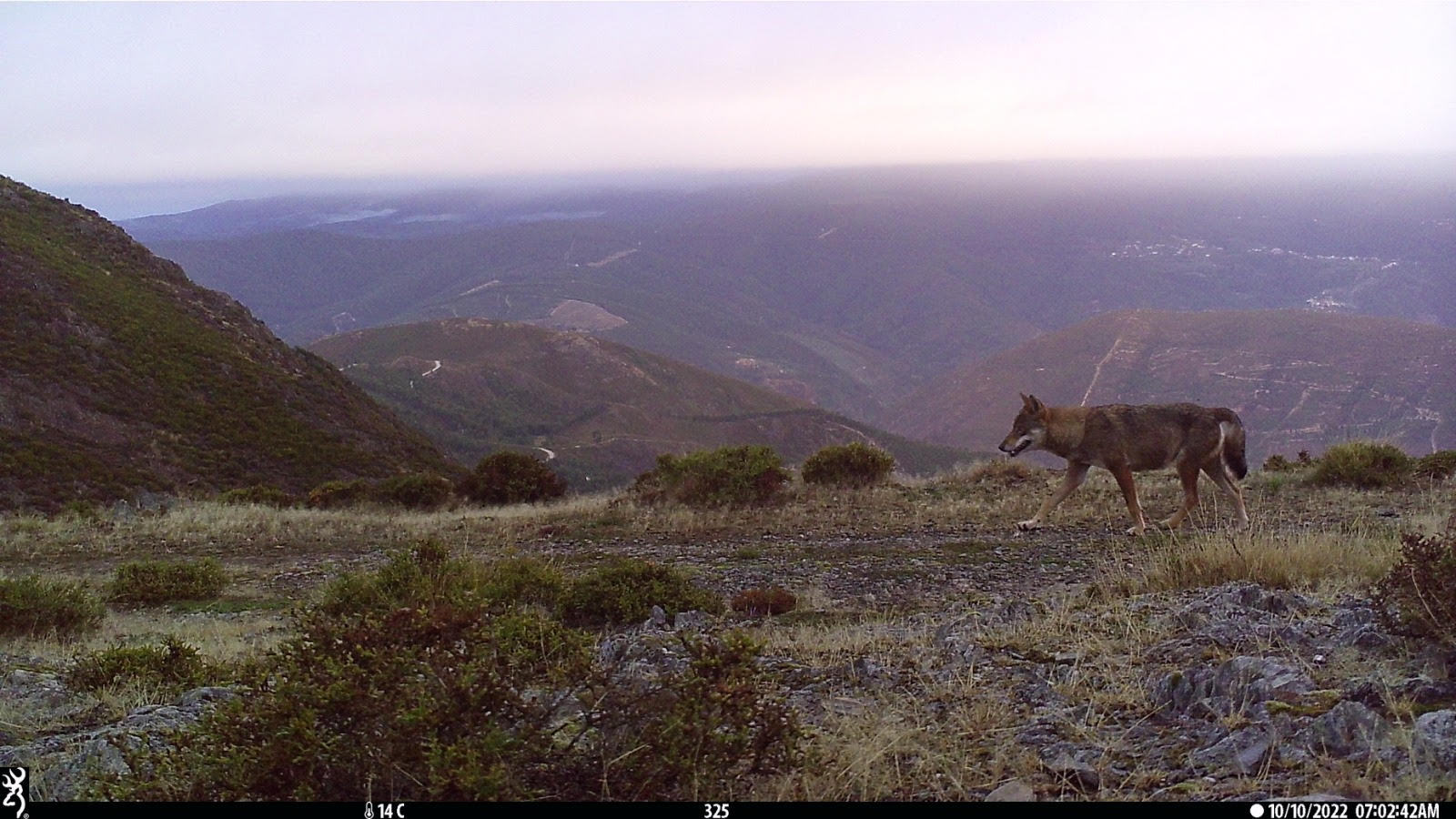The question is the article’s title published in the journal Biodiversidade e Conservação, which includes the participation of researchers from CESAM and the University of Aveiro. This work was carried out as part of the master’s thesis of former UA student Raquel Martins.
As mentioned in the publication, Iberian wolf populations have been decreasing in Portugal due to a combination of factors such as habitat destruction and human persecution. It is particularly worrying in Central Portugal, where wolf packs are highly fragmented, isolated, and have few individuals. Conflicts between humans and wolves are constant in this area due to high levels of livestock predation and the low diversity and abundance of wild prey, such as wild boar and roe deer. That is why human persecution is considered the main threat to the survival of wolves.
By studying public attitudes toward these wolf populations and discerning prevailing patterns, knowledge can be gained to guide management strategies in mitigating these factors.
In this study, 222 questionnaires were carried out among human populations living in Central Portugal, divided into three interest groups (general public, livestock owners, and hunters), to obtain information on aspects such as Attitude, Fear, and Knowledge regarding the wolf.
When analysing the information, the researchers found that attitudes tend to be more positive towards the wolf, with an increase in fear and an increase in knowledge. Factors that influenced fear included gender, knowledge, and personal experience with wolves.
These sections will be used to target specific groups with environmental awareness initiatives, aiming to increase knowledge and reduce sources of fear.
The researchers warn that specific conservation measures, considering the views of interested parties, are needed to effectively protect the Iberian wolf.
See the article here
